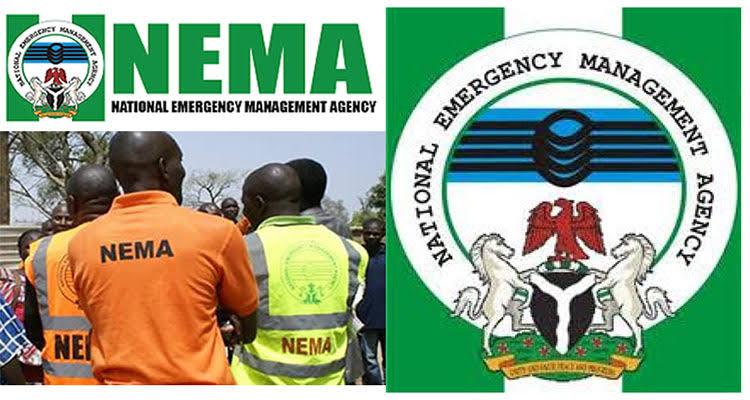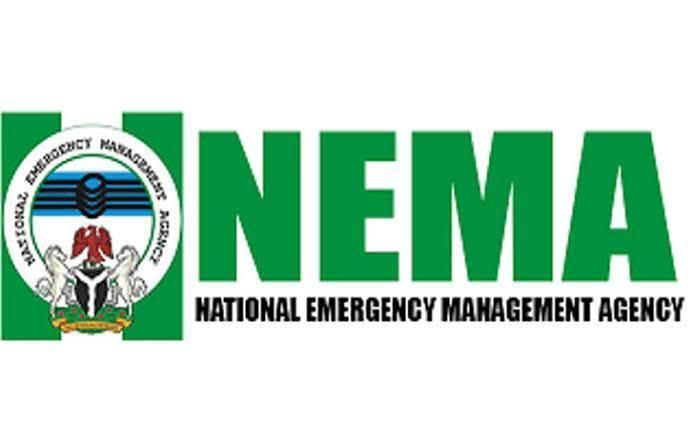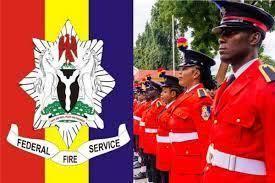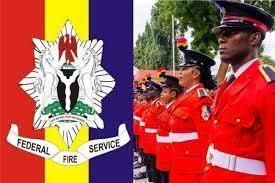Explore Our Bill Payment Services:
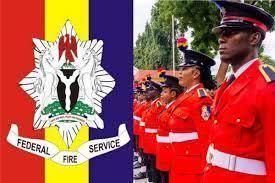
- Military And Defence
- Emergency
- Nigeria
Functions Of The Fire Service (Ffs): Their Official Roles & Responsibilities In Nigeria
The Federal Fire Service (FFS) isn’t just about putting out fires. This paramilitary agency is a critical part of Nigeria’s emergency response and national safety structure.
From saving lives during disasters to inspecting buildings for fire safety, their responsibilities span far beyond what most people think.
In this guide, we break down the core roles and official responsibilities of the Fire Service in Nigeria.
1. Firefighting and Fire Suppression
This is the most recognized duty of the FFS—responding quickly to domestic, industrial, and environmental fires.
Firefighters are trained to:
-
Contain and extinguish fires
-
Prevent further spread to nearby buildings or infrastructure
-
Evacuate individuals and minimize casualties
They use modern fire trucks, hoses, foams, and other advanced equipment to tackle different types of fires.
2. Fire Prevention and Safety Education
Preventing a fire is just as important as fighting one. The FFS carries out public awareness campaigns and community sensitization on:
-
Safe handling of flammable materials
-
Proper use of electrical appliances
-
Gas safety and emergency planning
-
Installation of smoke detectors and fire extinguishers
They also visit markets, schools, and offices to educate people on fire risks and emergency procedures.
3. Inspection and Certification of Buildings
Before any commercial or public building can operate legally in Nigeria, it must be inspected and certified by the Fire Service.
The FFS ensures that:
-
Buildings meet fire code standards
-
Emergency exits and fire extinguishers are installed
-
Electrical wiring follows safety regulations
-
Escape routes and signage are clearly marked
This helps prevent tragedies before they happen and enforces building compliance nationwide.
4. Rescue Operations
In many disasters, the FFS is among the first responders on the scene. Their rescue duties include:
-
Saving trapped victims during fires, collapsed buildings, or car accidents
-
Providing emergency first aid and CPR
-
Assisting other emergency agencies in flood, earthquake, or explosion scenarios
Fire officers are trained in both rescue techniques and trauma care.
5. Disaster and Environmental Protection
Beyond fire-related incidents, the FFS also participates in:
-
Combating bushfires and wildfires
-
Containing chemical or hazardous material spills
-
Supporting environmental recovery after disasters
-
Reducing risks in oil facilities and gas stations
They often partner with NEMA, police, and other emergency bodies to ensure environmental safety.
6. Investigation of Fire Outbreaks
After a fire is extinguished, the FFS doesn’t just walk away. They conduct investigations to determine:
-
The cause of the fire (accident, arson, negligence)
-
The extent of damage
-
Who is liable (if necessary)
This helps in filing insurance claims, prosecuting crimes, and preventing future occurrences.
7. Enforcement of Fire Safety Laws
The FFS has the authority to:
-
Issue fire safety compliance certificates
-
Seal non-compliant buildings or businesses
-
Fine violators of fire codes and standards
-
Recommend closures where lives are at risk
This law enforcement function gives the agency legal backing to carry out its duties effectively.
8. Training and Capacity Building
The Fire Service also operates training schools where personnel are:
-
Taught modern firefighting techniques
-
Trained in handling specialized equipment
-
Prepared for leadership and rescue missions
-
Certified in paramilitary conduct and public safety
They also conduct refresher courses for both new and old staff to maintain readiness.
9. Support During National Emergencies
During national crises (e.g., pipeline explosions, large-scale protests, environmental disasters), the Fire Service supports other forces such as:
-
Nigeria Police Force
-
Civil Defence Corps
-
National Emergency Management Agency (NEMA)
Their role is to help maintain order, minimize fire hazards, and offer rescue support where needed.
Summary of Core Functions of FFS
| Function | Description |
|---|---|
| Firefighting | Responding to and extinguishing fires |
| Fire Prevention | Public education and awareness campaigns |
| Building Inspection & Certification | Enforcing fire safety in buildings and public spaces |
| Rescue Operations | Saving lives during accidents or disasters |
| Environmental Protection | Fighting bushfires, chemical incidents, and hazards |
| Fire Investigation | Determining causes of fire outbreaks |
| Enforcement of Fire Safety Laws | Applying legal fire codes and penalties for non-compliance |
| Training & Manpower Development | Developing skilled fire personnel across all levels |
| Emergency Collaboration | Supporting government agencies in times of crisis |
Frequently Asked Questions (FAQs)
1. Is firefighting the only job of the Fire Service?
No. Firefighting is just one part. They also inspect buildings, enforce safety laws, conduct rescues, and more.
2. Who trains fire service officers in Nigeria?
FFS officers are trained in fire academies and paramilitary schools managed by the Fire Service itself.
3. Does the Fire Service investigate fires?
Yes. They investigate to determine the cause and prevent future outbreaks.
Final Thoughts
The Federal Fire Service is more than just a fire-extinguishing unit. Its functions cut across public safety, education, law enforcement, rescue, and emergency preparedness.
By understanding their roles, you’ll appreciate how vital they are to Nigeria’s safety and development. If you plan to join, support, or work with them—this knowledge gives you a strong foundation.
